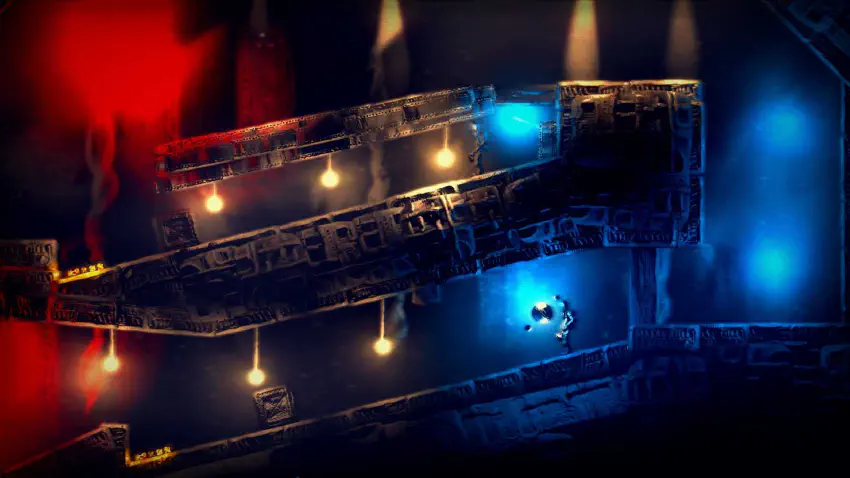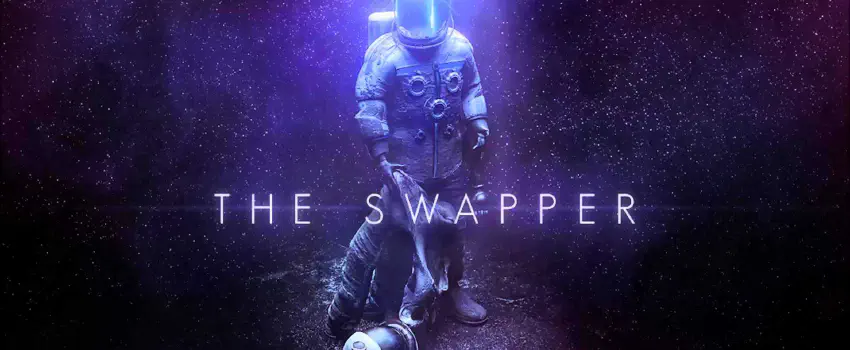The Swapper
I bought The Swapper yesterday because I heard good things about it. And man, I loved the game.
It is a platformer puzzle game, like the classic Braid, but the major feature is the ability to create a clone of yourself and migrate the controls to it. It might be considered a form of teleportation, but your old ones will still be there. It opens opportunities for several interesting challenges. It also uses, [minor spoiler alert] at mid-game, a similar feature as VVVVV that is changing the direction of gravity. The puzzles have a nice and steady evolution in difficulty, combining the new features each time they are added to your repertoire.
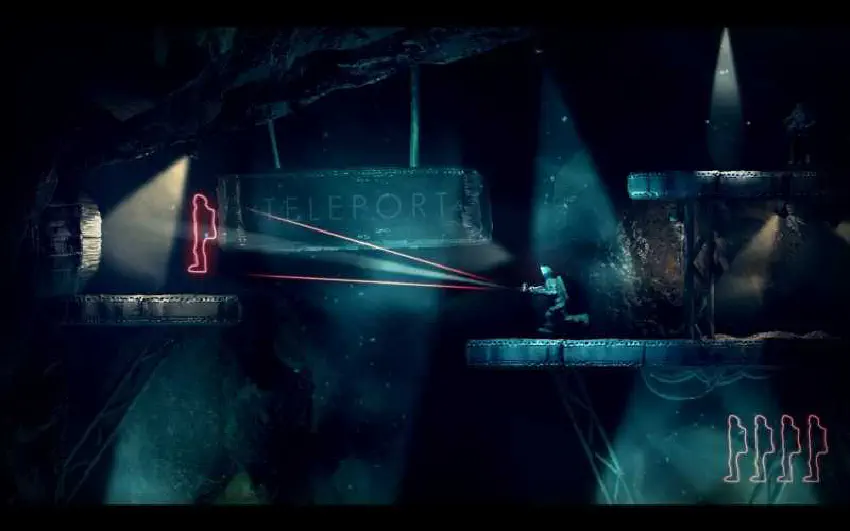
The only thing that I was a bit confused it the collectible orbs. For a completionist like me, and a pleasing game like The Swapper, I felt compelled to collect of them. But the counter that shows in the UI does not have a one-to-one relationship to the amount of orbs you collect. At the beginning of the game, it is one-to-one, but in later stages, each orb you get adds you dozens into the orb counter. It is confusing to track the general progress you are making. I guess the developers wanted to make the reward the player more the more complex the puzzle is, but I did not feel this way. These orbs are not just optional. In order to progress, you have to collect a certain number of them to open locked areas. But in most cases, you have to collect almost all orbs possible to reach the required number, so it turns out to be even more useless the multiple orb value per orb collected intended feature. Minor complain thou.
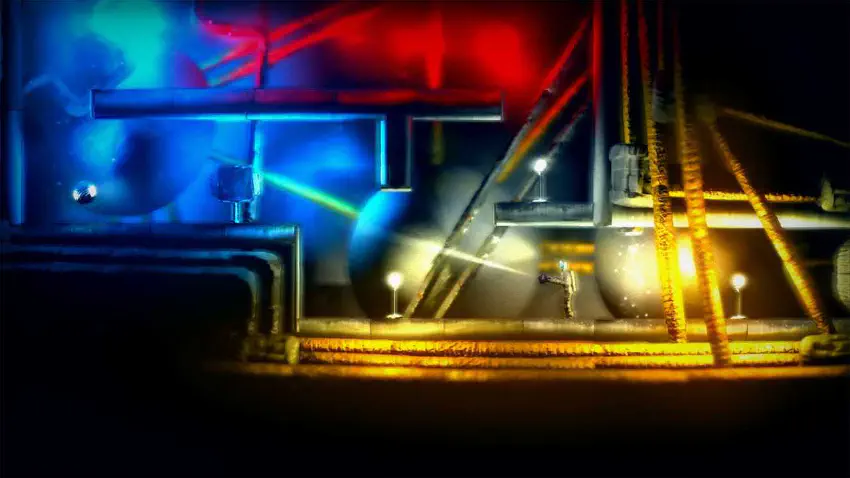
The game have a very great visuals. Dark and a bit spooky, but not in the way of horror games. It is designed to be just uncomfortable, just like Limbo and (presumably Inside, but I didn’t play it yet). But unlike Limbo, it rarely inputs pressure. You are always in a lonely and calm journey. It imprints the sense of loneliness, desolation, mystery and insanity.
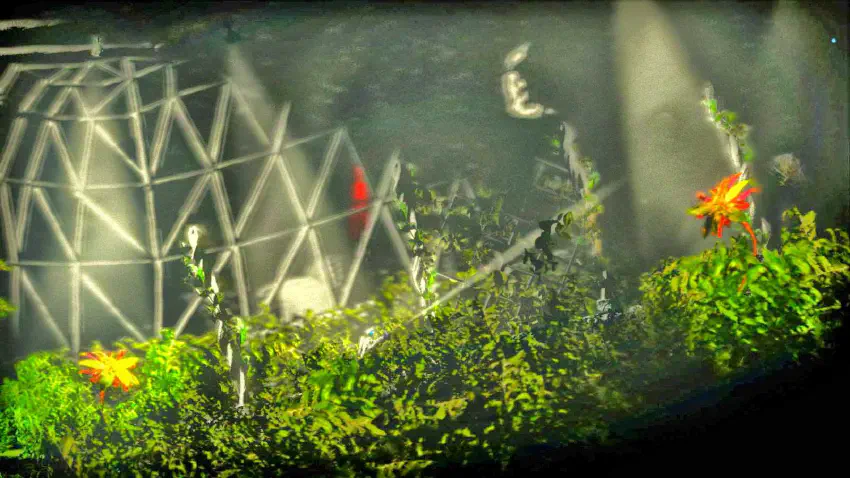
The overall theme is a science fiction. During the game you face several dialogues and recordings of a technological discovery. It presents the theme in a more philosophical approach, similar to Talos Principle. However, due to the super short texts and obtuse ways to tell it, it does not feel very mind melting like Talos. It was a bit unsatisfying. A professional scientist would never write a log in such enigmatic way. It would be much clearer and direct to the point. This obtuse style of storytelling is typical on horror and mystery games, novels and movies. They rely on telling the audience so little that you do not understand the meaning way to the end. Despite it, I like the approach.
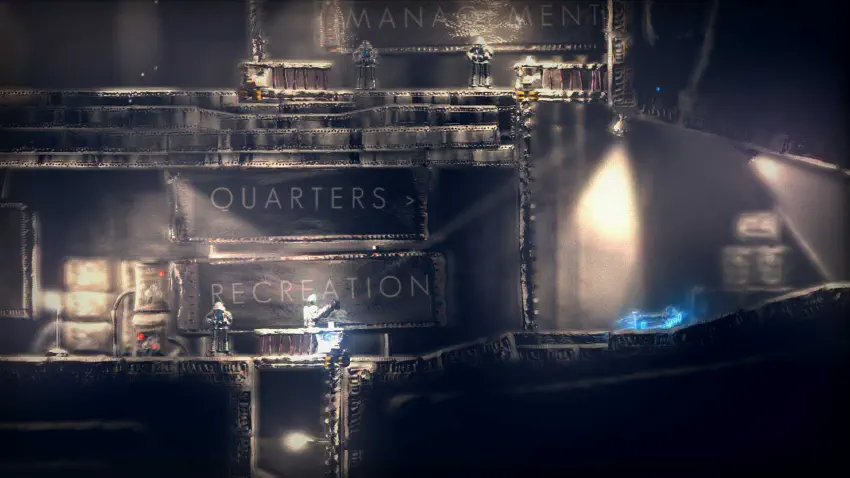
The game is short, which I would say that is a plus, because it gives the sense of completion and that it is not dragging you for hours for the sake of appearing more substantial.
I recommend this game. One of the best indies and best games overall I played this year so far.
